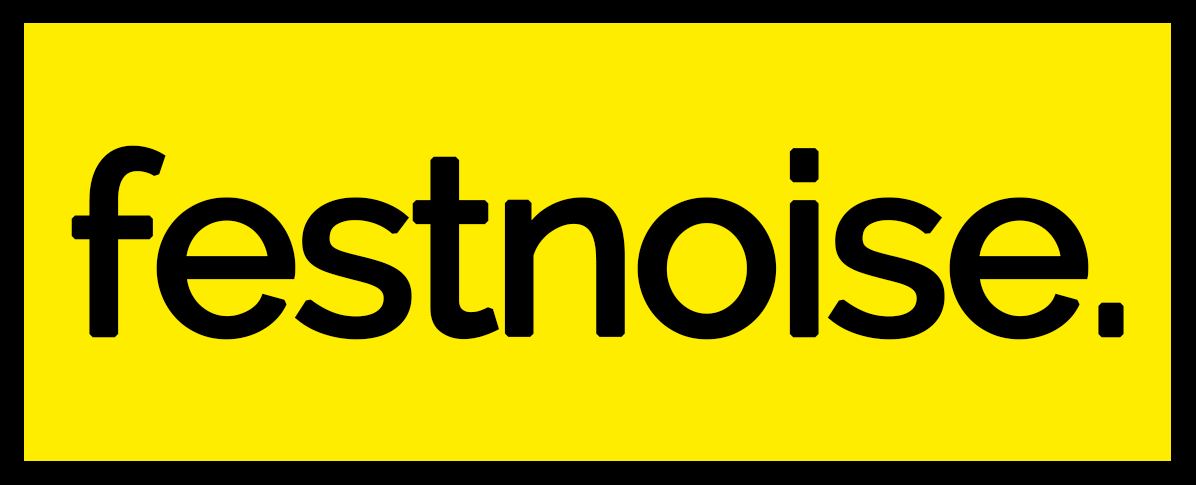Trash, the biggest challenge for Music Festivals
Whoever has camped on a festival has experienced that once the party is over, everything usually look like the aftermath of a disaster. We all leave behind lots of camping equipment such as air mattresses, tents and camping chairs or thousands of empty cans, glitter and all sorts of things associated with living and partying at a campsite, resulting in a huge amount of waste, impossible to recycle and clearly a serious environmental problem. To change that scenario is nowadays the biggest challenge for music festivals, and I'm afraid we all have a say in that.
We could choose any festival, but Roskilde because of its huge dimensions is a good example (also of the efforts they are making to fight environmental issues). The impressive camp site of the Danish festival, commonly known as Dream City turns into the 4th biggest city in Denmark during the festival days and produces over 2000 tons of waste that is afterwards incinerated in what is a waste of resources when proper sorting could have ensured recycling of many valuable resources.
Roskilde “Dream City” camp site after the festival. Photo by Per Lange
According to the think tank Powerful Thinking (they urge the UK festival industry to reduce CO2 emissions by 50% by 2025), only in the UK there are 3.17 million festival goers per year producing 23.500 tons of waste every year, from which only the 32% is recycled and 68% of that is sent off to the landfill. There are also 5 million liters of fuel used by the festival industry annually.
Waste sorted for recycling comprise many categories of which metal, cardboard, glass, metal and bio waste are the largest and most well-known fractions from everyday household waste. Every festival should include (many festivals still do not separate waste) or increase the number of recycling stations to support those guests who request better waste sorting.
PVC (Polyvinyl chloride, considered hazardous waste) containing air mattresses are popular among camp guests but are unfortunately left behind in large numbers when the festival is over. The thing is, that these days all sorts of camping gear is so cheap that people just don't bother to take it back home when they leave. However, the environmental friendly option is quite simple, air mattresses, tents and other gear must be re-used and preferably not contain PVC!
Again according to Roskilde festival information, waste abandoned at their camping area is estimated to constitute approximately 75% of Roskilde total waste. It is therefore of utmost importance to change attitude away from the common “buy and discard” culture towards bringing home and re-use of camping equipment if we all are to create an environmentally sustainable festival.
““As festival organisers we know how to create unforgettable experiences and how to inspire people. We know how to get things done in challenging circumstances and we are accomplished at communicating with audiences. The earth is literally on the verge of ecological collapse, and it is well within our reach to turn our industry into an exemplar of environmental responsibility. If we can create space in our busy lives and pull together as an industry, we can make a vital and significant contribution to a future that we want our children to inherit. Festival organisers working with their many and diverse partners, from concessions to the supply chain, contractors, charities and brands, can provide leadership for what is perhaps the most important conversation of our time. The show must go on…””
Glastonbury main stage after the festival.
There is now a significant opportunity for festivals to contribute more decisively to the climate change conversation and the movement toward a sustainable future. It's time for all parts must increase the awareness about environmental issues and make a collective effort.
But, how can we contribute to reduce the environmental impact? Doing carpooling, going paperless, not accepting straws, reusing cups and bottles, avoiding single use plastics, only bringing glitter with no microplastics, recycling all trash in the correct bins and bringing home all camping gear would suppose a significant change.
If we want to keep on enjoying the festivals like we have done up until now, it's up to all of us to revert this scenario. Lets not underestimate the power of small gestures!
Cover photograph by Matias Altbach








